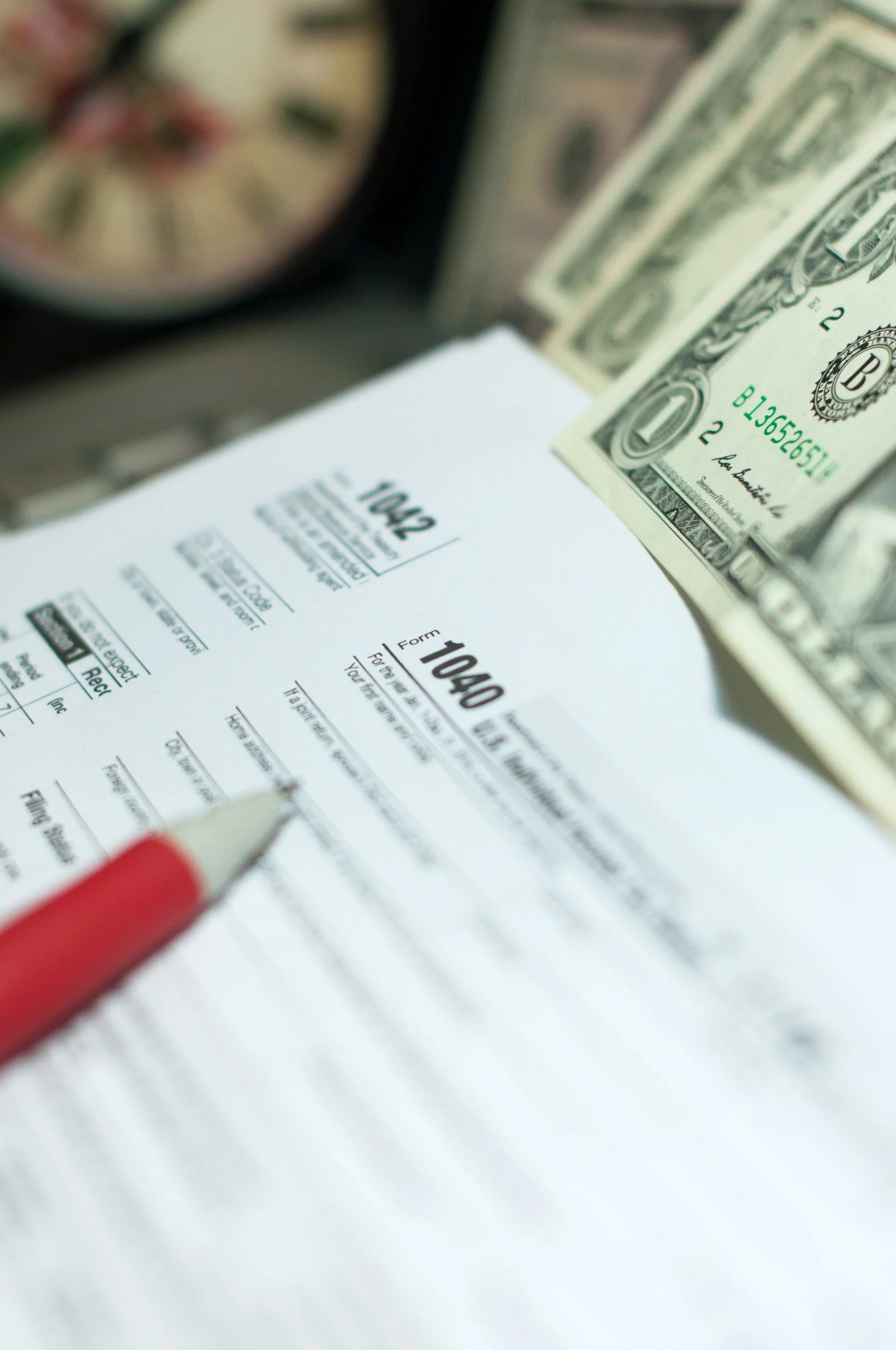Business Filing Tips
January 2026 is literally around the corner. Are you getting prepared to file 2025 income taxes. Do you have your quick books in order, do you have your statements and receipts ready. What system have you used to keep track of your expenses? Being organized and having your tax preparer or CPA on hand will save you from a tax crisis.
Filing taxes properly and having your documentation is important and will save you from frozen assets, garnishments, and legal issues. I will share things you will need to file as a business owner or operator.
A tax return is a form filed annually with a tax authority (like the IRS in the U.S.) that reports income, expenses, and other relevant financial information used to calculate an individual or entity's tax liability. The distinction between a business and a personal tax return depends on the legal structure of the business and who the return is for.
Who files it? Individuals, including employees, sole proprietors, partners, and S corporation shareholders.
What does it include? Wages (W-2 income), interest, dividends, capital gains, rental income, and sometimes the profits or losses from a sole proprietorship (reported on a Schedule C which is part of the personal return) .
Types of Business Returns:
C Corporations file a separate tax return (e.g., Form 1120) which calculates tax at the corporate level [1].
Partnerships file an informational return (e.g., Form 1065) to report their income and expenses. The profits and losses are then passed through to the individual partners' personal returns (via a Schedule K-1)
S Corporations also file an informational return (e.g., Form 1120-S), and like partnerships, pass profits and losses to the shareholders' personal returns.
The IRS lets you deduct “ordinary and necessary” expenses (O & NE) from your taxable income. O & NE expenses are any costs incurred by owning a business or engaging in a trade.
What is a tax deduction?
A tax deduction, or tax write-off, reduces the amount of income your business is taxed on by state and federal governments. Deductions are business expenses you incur throughout the year that are subtracted from your gross income. This determines how much tax you owe.
All ordinary and necessary expenses are write-offs that will reduce the company's taxable income. So keep track of all your business expenses and keep those receipts.
The IRS lets you deduct “ordinary and necessary” expenses (O & NE) from your taxable income. O & NE expenses are any costs incurred by owning a business or engaging in a trade.
“An ordinary expense is one that is common and accepted in your trade or business. A necessary expense is one that is helpful and appropriate for your trade or business.”
Examples include:
Wages or salaries paid to employees
Money allocated to employer-sponsored retirement plans
Rental expenses
Employment taxes
Loan interest
Insurance
Computer software
According to the IRS, you cannot deduct:
Federal income taxes
Estate and gift taxes
State inheritance, legacy, and succession taxes
If you put on an event, you want to make sure that the event is managed and represented as an event. Not just a team outing at Dave & Busters for fun. You need to make sure it was used specifically for business purposes. If not, you may not get the benefit of the money spent.
Dan Luthi, Partner at Ignite Spot Accounting
Leverage start-up costs
The IRS allows certain deductions for starting a new business. Keep in mind that the business must take off in order to write off its expenses. You cannot deduct startup costs if you never actually start the business. You can deduct up to $5,000 in startup costs in the first year of active business.
Startup costs include, but are not limited to:
Customer surveys
Market research
Product research
Advertising
Employee wages and salaries for training
Leasing
Equipment costs
If you set up a corporation, partnership, or LLC, you can write off organizational costs including:
Incorporation fees
Partnership filing fees
Accounting fees
Legal fees related to the organization of partnership or LLC
The cost of meetings and temporary directors
Also you can report and file things that you purchased for your business such as : machinery and equipment, furniture and fixtures, computers and technology.
When filing a business personal property tax return you will need
Business Identification- Name, address, and tax Identification number
Property Description- A detailed list of all taxable property, including acquisition dates and original costs
Depreciation - Information on the depreciation of assets, which affects their valued assets (circleofintraprenuers.com)
What are your thoughts? I will love to hear how you prepare for tax filings, What are your challenges or triumphs of filing your business taxes? Feel free to check out the other stories on the website, and if you have any questions leave a comment l. Thanks for stopping by 🫶🏽









